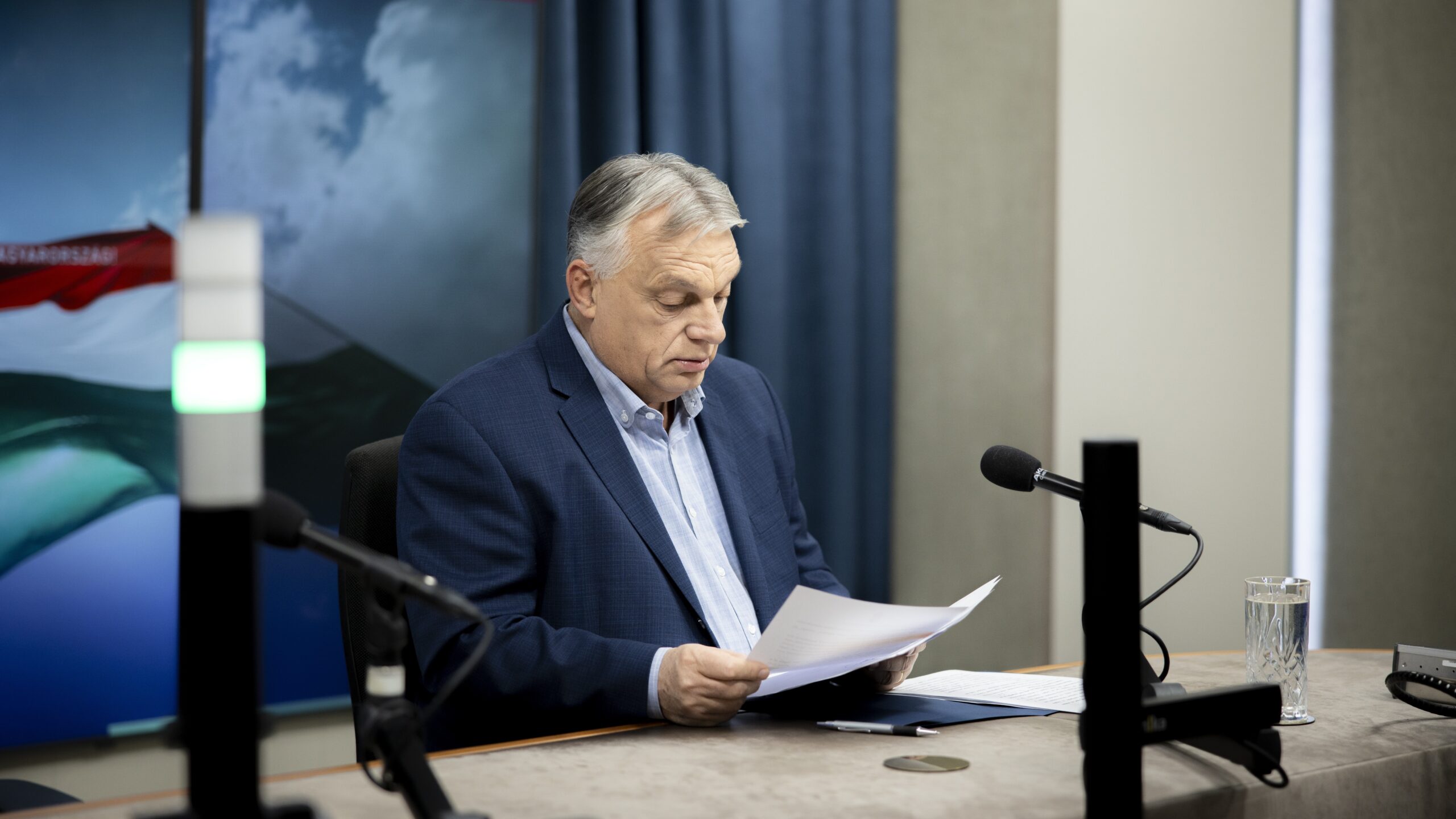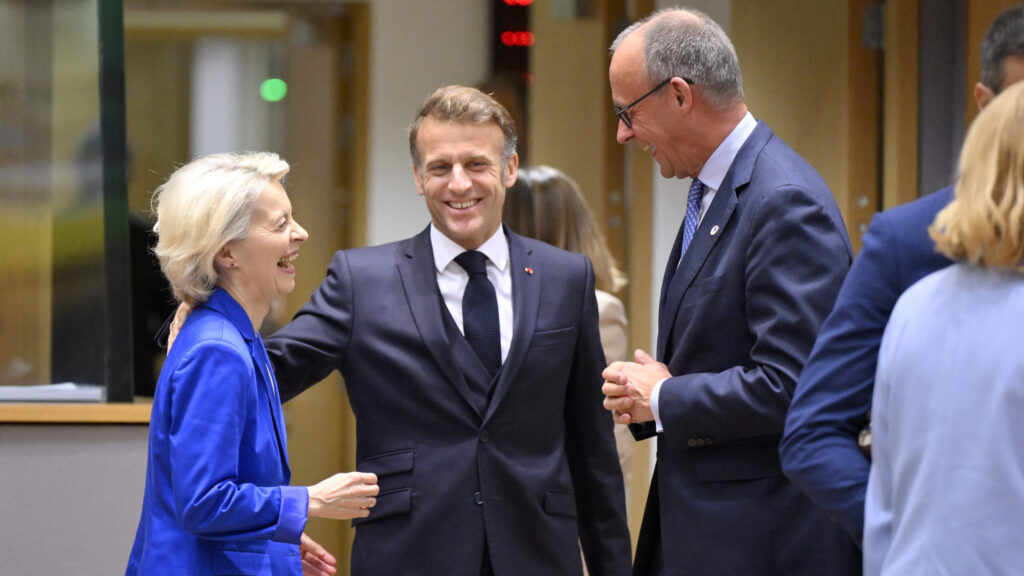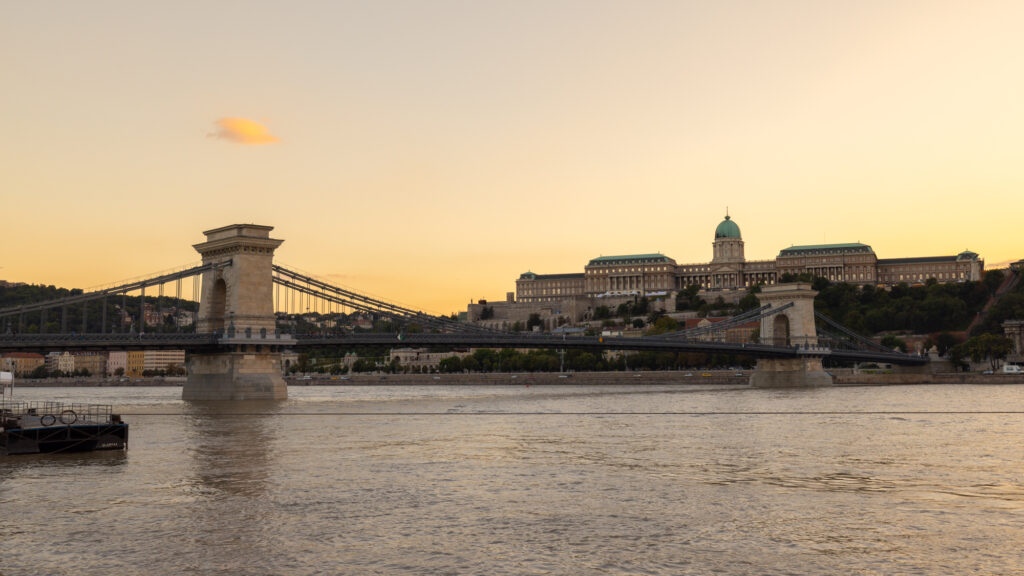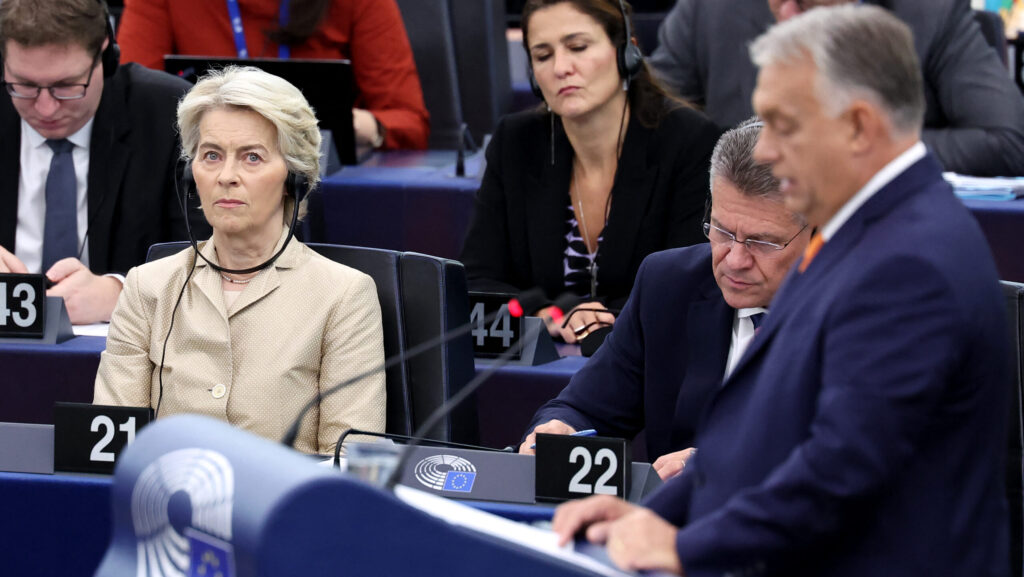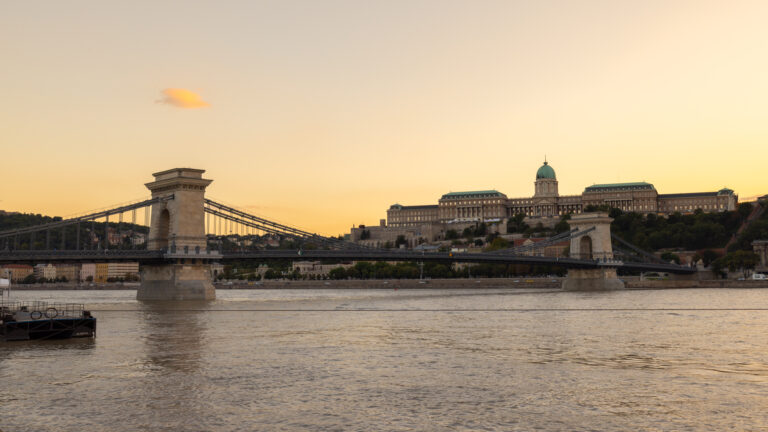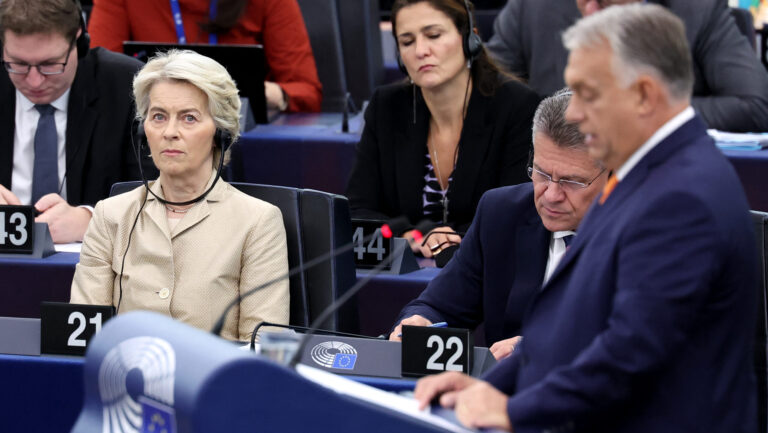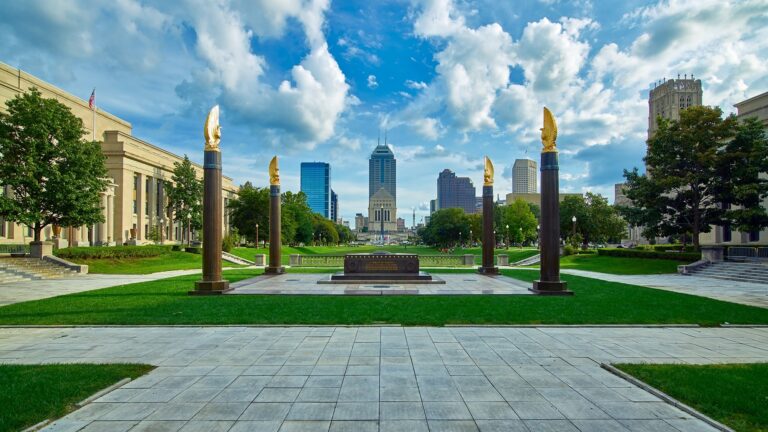Prime Minister Viktor Orbán spoke about Hungary’s response to recent bomb threats and broader national security concerns on public Kossuth Radio this morning. He stressed that the state is prepared to act when necessary, as demonstrated by ongoing investigations by the Ministry of the Interior.
Orbán pointed out that similar incidents are occurring outside Hungary, raising the possibility of an internationally coordinated effort behind these crimes. He stated that Hungarian authorities are working tirelessly to trace the origins of the threats, but their reach might not extend to international masterminds.
‘We must prepare for further provocations following yesterday’s events,’ Orbán warned. He explained that incidents like this often inspire copycat actions, requiring heightened readiness to counter future threats.
Orbán linked the bomb threats to broader issues of migration and security, reiterating his firm opposition to allowing migrants into the country. ‘If we had opened our borders, we wouldn’t just be dealing with threats but with actual terrorist acts,’ he remarked.
He criticized opposition parties for supporting the EU’s migration pact, asserting that it contradicts the government’s commitment to securing Hungary’s borders.
Turning to Hungary’s broader geopolitical role, Orbán compared Hungary’s policies to those of the United States under Donald Trump.
‘Hungary is no longer a sidelined player’
He claimed that many measures implemented by Trump had already been adopted in Hungary, even though Brussels and the Hungarian left tried to isolate the country for its policies.
‘Hungary is no longer a sidelined player; we’ve returned to the main avenue of history,’ Orbán declared, arguing that Hungary’s position aligns with the majority view in the Western world. However, he noted, Brussels still resists this perspective, necessitating continued efforts to push back against EU policies.
Orbán also addressed energy security, noting that Hungary’s strategic partnerships, particularly with Serbia, have allowed the country to build a southern gas route, ensuring resilience against potential disruptions from Ukraine. He criticized the EU’s sanctions policy, arguing that it has cost Hungary 19 billion forints and significantly impacted the national budget.
‘Hungary has the strength to protect itself, but we need cooperation from Europe to address these issues effectively,’ he said, calling for a more unified approach to resolving energy disputes.
Despite economic challenges, Orbán highlighted, Hungary’s middle class remains resilient, citing an increase in government bond investments and financial savings. He countered narratives of poverty, noting that Hungarians had substantial financial assets and robust spending patterns over the holiday season.
‘Hungary has serious advantages and strength; we need to leave behind the usual lamentations and focus on building a stronger future,’ the prime minister stated.
Read more on the 23 January bomb threats against Hungarian schools:

